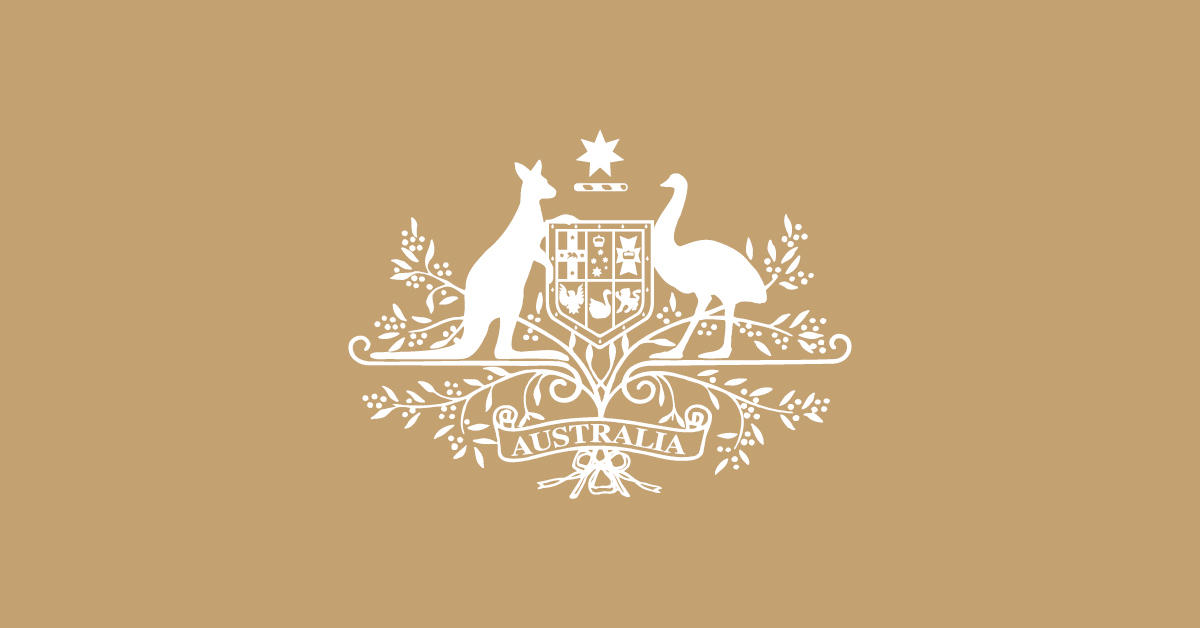Delivering better early education, schools and universities
The Albanese Government is delivering on its commitment to a better future by investing in better education for all Australians in early education, schools and universities. A world-class education system is essential to tackling inequality, driving economic growth and supporting well-paid, secure jobs.
Our Plan for Cheaper Child Care will support families and deliver an economic dividend, together with the Government's biggest boost to the Paid Parental Leave Scheme since it was introduced, our Plan for Cheaper Child Care will support families and deliver an economic dividend.
The $4.5 billion* plan will cut the cost of early education and care for around 1.26 million Australian families easing cost-of-living pressures, giving children access to critical early education and giving parents the opportunity to work and earn more if they want to.
The Government will also deliver on commitments to help tackle the teacher shortage – investing in bursaries and the High Achieving Teachers program to attract our best and brightest to the profession.
Schools will benefit from a $270 million investment in better infrastructure to be rolled out over the next two years and an investment of $200 million to help students bounce back from the mental health and wellbeing impacts of Covid.
The Budget delivers funding for 20,000 university places which have now been allocated to support people under-represented at universities doing degrees in areas of skills shortage.
It also delivers $10.5 million to establish a Commonwealth Office for Youth to coordinate across Government and make sure young Australians are involved in developing policies that matter to them.
Quotes attributable to Minister for Education Jason Clare:
“This Budget invests in better education for all Australians – from early education right through to university.
“Labor’s cheaper child care plan is good for children, good for families and it’s good for the economy – that’s why this Budget delivers it.
“We know that nine out of 10 jobs in the future will require tertiary qualifications – that’s why what we do in our schools. TAFEs and universities matters.
“This Budget invests in measures that open the door of opportunity wider for Australians from all backgrounds.”
Quotes attributable to Minister for Early Childhood Education and Minister for Youth Dr Anne Aly:
“Our cheaper childcare plan eases cost of living pressures, improves women’s economic security and ensures all Australian families can make the choices around workforce participation and early childhood education that work for them.
“Boosting access to early childhood education and care means more children can access the benefits of foundation years learning, ensuring our kids are ready for a life of exploration and learning.
“Establishing the Office for Youth will ensure the contributions of young Australians are heard and acted on across government, the first time in almost 10 years the Australian Government is delivering a whole-of government approach for young people.
“Young Australians know best how to shape and address the issues that matter to them, that’s why we’re listening to their valuable insights as we develop government policies.”
Key Budget Measures:
Early education and care
- $4.5* billion to increase Child Care Subsidy (CCS) rates from July 2023, protect the CCS against fraud and non-compliance, and provide a base level of 36 hours of subsidised early education and care per fortnight for First Nations children.
- $10.8 million to fund an Australian Competition and Consumer Commission inquiry into early childhood education and care prices.
- $10.2 million to establish a partnership between Australian governments and First Nations representatives to develop community-led policies and programs.
Schools
- $270.8 million over two years for measures to upgrade school infrastructure.
- $56.2 million for bursaries to attract more high-achievers into teaching.
- $68.3 million to expand the High Achieving Teachers (HAT) program.
- $27.6 million for other measures to tackle teacher shortages and better prepare student teachers for the classroom.
- $203.7 million to improve the mental health and wellbeing of students after COVID.
- $83.5 million to support schools to provide evidence-based, age-appropriate respectful relationships education developed by experts implementing a recommendation of the Respect@Work Report.
- $14.1 million to a plan to teach First Nations languages in primary schools.
Higher Education
- $485.5 million over the forward estimates to provide up to 20,000 additional university places.
- $2.7 million to develop the Australian Universities Accord.
- $15.4 million in a Startup Year program to help university students turn their ideas into reality.
- A saving of $144.1 million by ending the 10% discount given to students who make an upfront payment to their HECS-HELP loans.
Youth
- $10.5 million for a new Youth Engagement Model including the establishment of an Office of Youth, ongoing funding for Australia’s national youth peak – the Australian Youth Affairs Coalition, issue-based youth advisory groups and the development of a Youth Engagement Strategy.
*This figure is the net cost of the measures in the Cheaper Child Care Bill. The Budget Papers refer to an investment of $4.7 billion, which includes all new spending measures on early education and care. It does not include savings from measures to increase integrity.
View Original | AusPol.co Disclaimer
